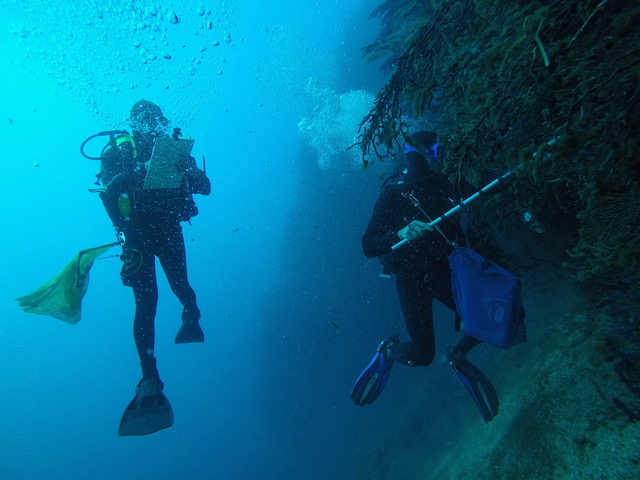
The LECOB is a multidisciplinary group that aims to deepen our understanding the dynamics of benthic environments, in order to contribute to the creation of a solid scientific basis for future marine spatial planning (EU 2014). The United Nations reaffirmed in 2017 the essential contribution of the oceans to human well-being, by designating one of the 17 Sustainable Development Goals aimed at transforming our world: "conserve and sustainably use the oceans, seas and marine resources" (United Nations, 2017).
This objective confronts the scientific community responsible for forecasting changes of marine biodiversity in the context of global environmental changes to a major challenge. Indeed, many ecological theoretical concepts covering different levels of organization ranging from organisms to communities and ecosystems have been proposed, but they are rarely applicable to advise public action, mainly in due to the complexity of ecological systems and the high level of responsibility involved. However, validating the effectiveness of theoretical ecological concepts is a step essential for better conservation and management of biodiversity. To do this, LECOB implements experimental approaches in the laboratory as well as in natural environment to assess the operationality of classical or modern ecological concepts.




